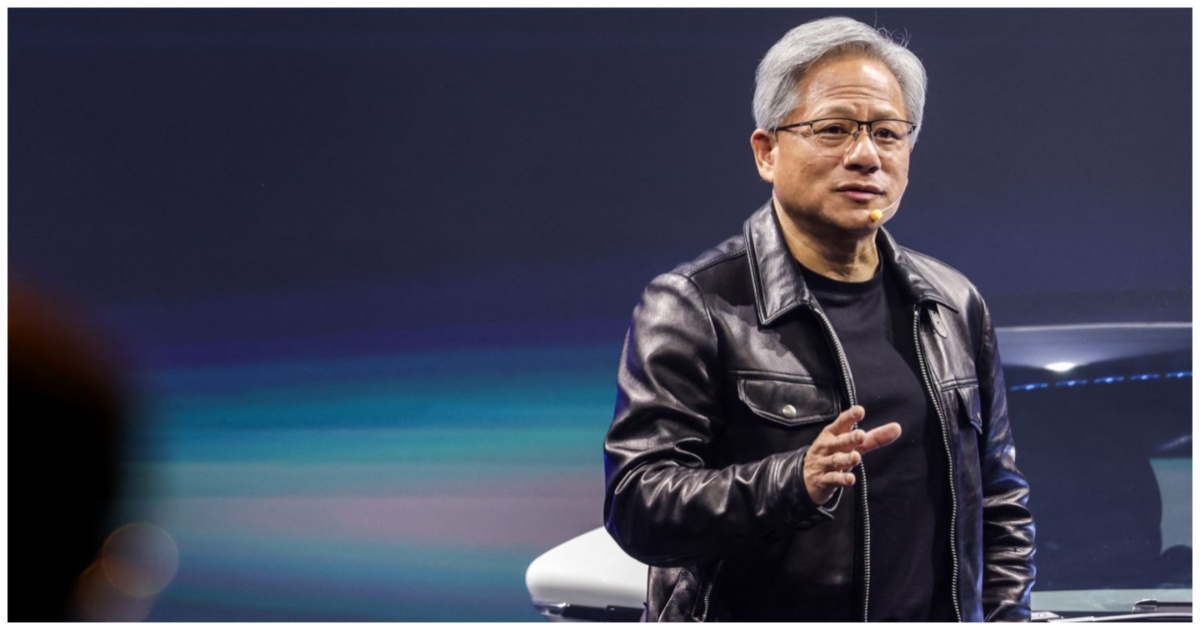AI is currently changing how the digital world operates, but it might soon change how the physical world operates too.
NVIDIA CEO Jensen Huang has described what he believes will be the factories of the future in a recent interview. His recent comments paint a picture of a future manufacturing landscape radically different from what we know today. The sheer scale and complexity of his vision, coupled with NVIDIA’s leading role in AI technology, makes his prediction particularly compelling. Huang’s insights offer a glimpse into a future where AI isn’t just processing data, but actively shaping the physical world.

“In the future, the factory will be one gigantic robot orchestrating a whole bunch of robots inside, working with people to build products that are robotics,” Huang said.
He continued: “So you have robots building robots building robots, and this nested layer of technology is nearly upon us.”
He added: “And so that in that application for manufacturing, industrialization, plants, factories, and that entire area needs this new AI called physical AI.”
Finally, he concluded with a bold statement on the potential economic impact: “If we can solve that, we’re talking about trillions and trillions of dollars of industries.”
Huang’s vision of “physical AI” driving this robotic revolution is particularly significant. This isn’t simply about automation; it’s about creating a self-improving, adaptive manufacturing ecosystem. Robots designing and building other robots would lead to exponentially faster innovation and production cycles, potentially reshaping industries from automotive manufacturing to consumer electronics. The nested layers of robotics described by Huang represent a significant leap in automation sophistication, hinting at a level of intricate coordination and adaptation currently beyond the capabilities of existing factory systems.
And there have been recent advances in robotics which might make this vision a reality. Startups like 1X and Unitree have been building more and more capable humanoid robots. China has even held a half-marathon for robots. And once these robots get good enough to be deployed at scale in factories, they could reshape the entire industrial world in a few short years.
